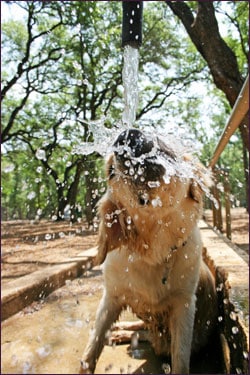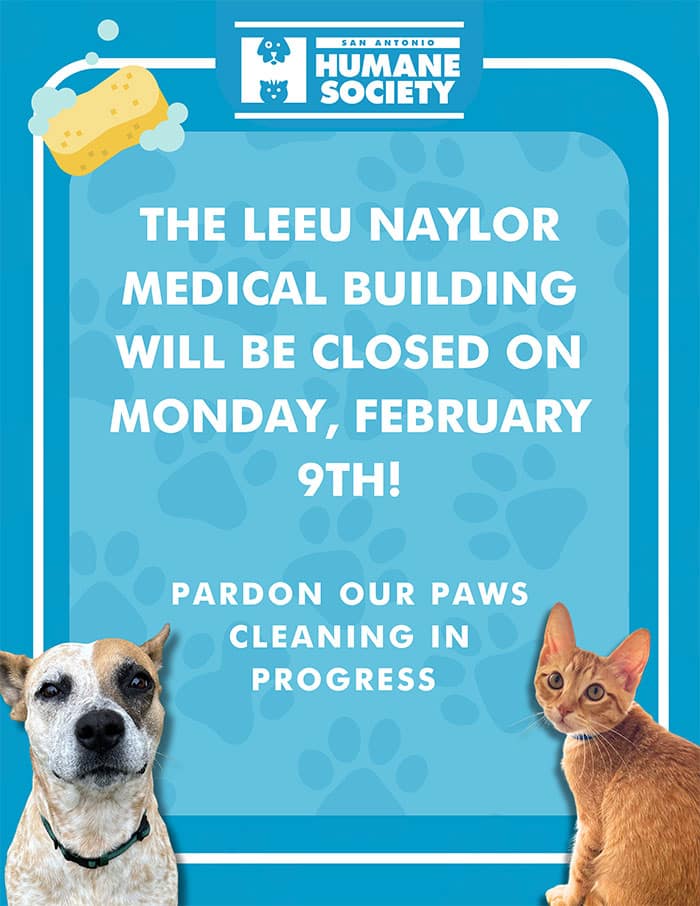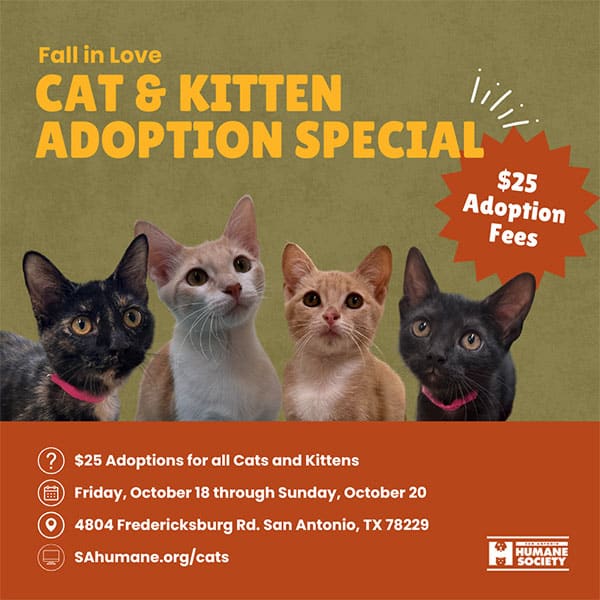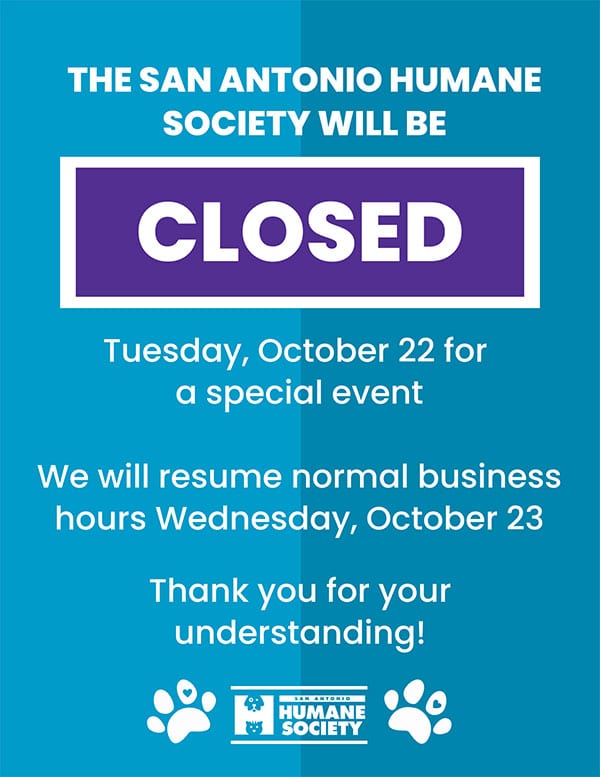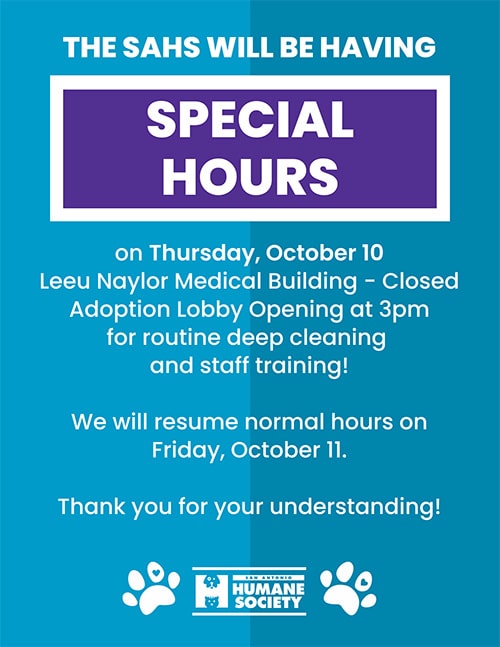Dogs have higher body temperature than people and can only regulate their body temperature through their mouth and paws, so it doesn’t take much for them to overheat. Many dogs also don’t know to limit their activity in the heat, so helping them stay safe and cool during the summer is super important! Check out these safety tips for your pet during the hot Texas summers:
Always provide plenty of fresh water for your pet whether they are indoors or outdoors. If your pet must be outdoors, make sure their water bowl is in the shade, and check on it throughout the day to refill and make sure it doesn’t get hot! If possible, providing a separate larger container for your pet to lie/play in can be beneficial and help them to stay cool. Some dogs even love having their own kiddie pool in the yard to cool off in.
Limit your walks to short potty breaks (10 minutes or less) during the day when it’s hot outside! If you do go out for a longer walk, try to do so in the early morning or late evening when the heat has slightly lessened.
Did you know that getting your dog’s coat wet before going on a walk can help them to stay cool? Using a hose or letting your pet swim (as long as they know how to) in a lake or pool to become thoroughly wet before heading out on a walk can provide cooling through evaporation! Be sure to wet all layers of the coat for maximum cooling – especially for double-coated dogs like Retrievers and Shepherds.
Heat Stroke
Overheating and heat stroke can be fatal! Signs of heat stroke include, but are not limited to:
- Excessive panting or difficulty breathing
- Increased heart and respiratory rate
- Dark/bright red tongue and gums or drooling
- Staggering or mild weakness
- Seizures or stupor
- Bloody diarrhea or vomiting
- Elevated body temperature of over 104°
It is good to learn how to take your pet’s temperature in the event of an emergency.
Short-nosed breeds like Bulldogs and Pugs, large heavy-coated or dark colored breeds, and dogs with heart or respiratory problems are at higher risk for heat stroke.
If you believe your pet has heat stroke, seek veterinary attention immediately! Use cool water, not ice water, to cool your pet off. Very cold water will cause constriction of the blood vessels and slow down cooling. Do not aid cooling below 103 F degrees – some animals can actually get hypothermic, or too cold. Offer ice cubes for your pet to lick until you can reach your veterinarian. Use rubbing alcohol on pads of feet and throat if a water hose is not available.
Just because your pet has cooled down and seems okay, do NOT assume everything is fine. Seek veterinary care immediately as heat stroke can cause damage to the kidneys, liver, and heart long after your pet’s temperature has been brought back down.
Do not assume your pet knows when to stop and take a break! High energy dogs can easily run themselves into a heat stroke or exhaustion without hesitation. Always make sure you have control of your pet during times of extreme temperatures so you can .


